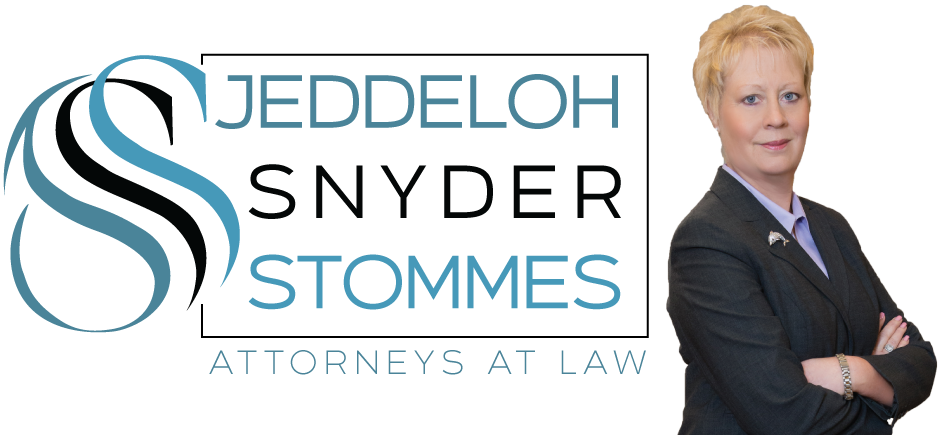Protection of Fathers Child Custody Rights in a Divorce
Custody Disputes During a Divorce – Custody Rights For Fathers
In cases of child custody disputes, fathers’ rights sometimes come into question. Generally, the ability of the biological father to gain legal or physical custody of their child or children is evaluated. However, in the situation of divorce, legal separation, or the other parent being unable to fulfill child custody responsibilities, it becomes necessary to determine the biological father’s child custody rights.

Types Of Child Custody for Fathers
Both parents occasionally seek custody of their biological children. It is not uncommon for one parent to be awarded sole custody of minor children. When that is the case, one parent has physical and legal custody of the child, while the other parent is awarded parenting time. Physical custody refers to the parent the child physically resides with for most of their life. Legal custody refers to the responsibility of the parent to make decisions about the child’s life. These can be things such as making decisions about where they attend school, which activities they are involved in, and the legal right to sign documents for the child. Each child custody case can have a variety of sole and shared custody concerning the legal and physical rights of the parents.
Parenting Time Interference
A court of law will help determine or create a parenting time agreement that it sees as satisfactory for each case. This child custody agreement will determine which parent has which type of rights. The agreement will determine who and when the child spends time with and what kind of decisions each parent can make for the child. There are instances in which parenting time is interfered with by the other parent. This interference can happen in a variety of ways. Some of the most common are when one parent refuses to drop the child off at the allotted time, or at all, or when one parent blocks communication between the other parent and the child. Parents can sometimes also use their children to spy on the other parent, which can also be considered interference. or at all, or when one parent blocks communication between the other parent and the child. Parents can sometimes also use their children to spy on the other parent, which can be considered interference as well. Parenting time interference can lead to criminal charges or malicious or alienating act charges in some extreme cases. In these cases, the help of a family law attorney would be a necessity.

